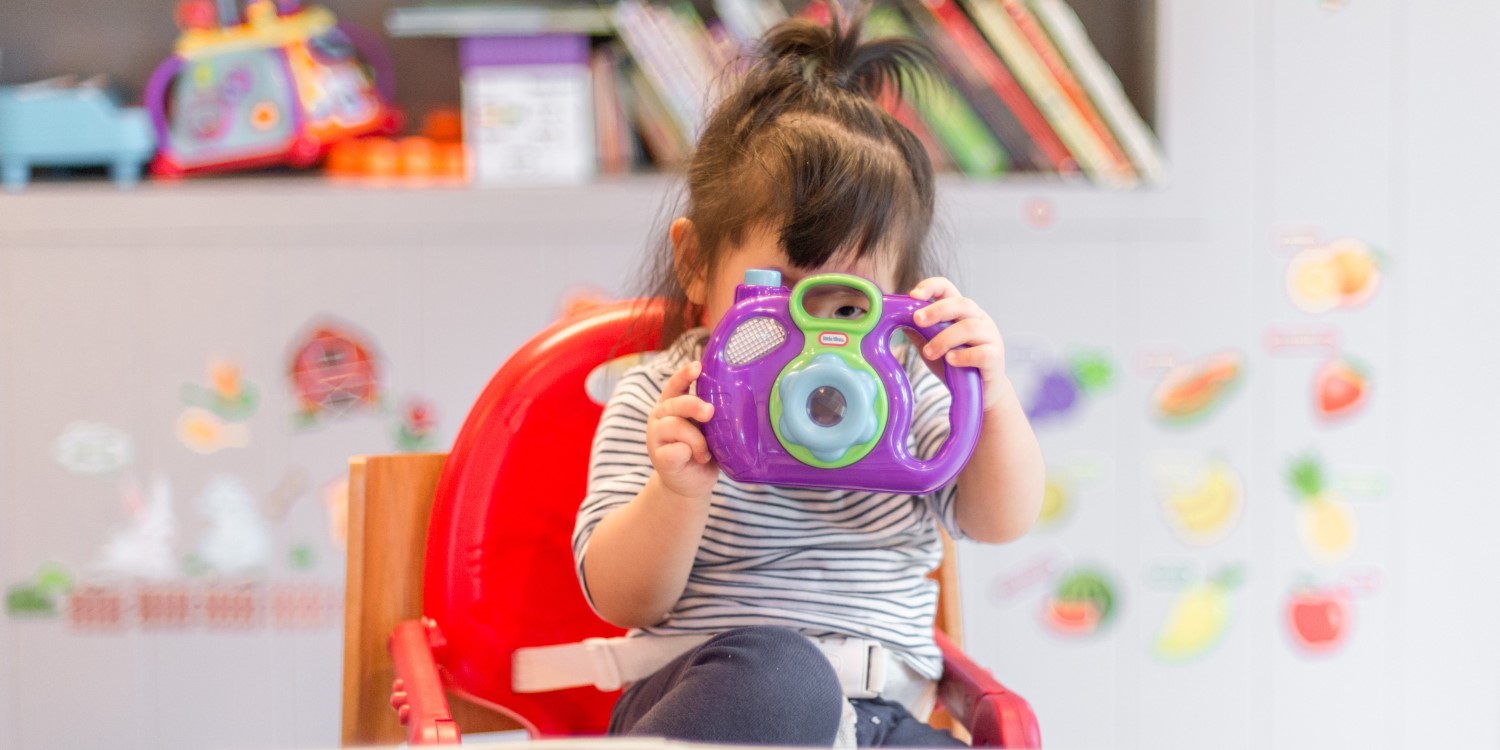Can ‘learning through play’ truly be the best way to teach children in the modern era
Play is a crucial component of learning. When we engage in activities we enjoy without having a specific end in mind, we learn new things, gain insight into our own potential, and discover unanticipated beauty all around us.
Every parent is aware that children require a place for free play in order to foster their creativity and problem-solving abilities. Free-form experimentation results in the quick gathering of knowledge about the world. Playing with other kids helps them develop their social skills and their capacity to control their emotions.

Playing with symbols
In addition to providing a clear and interesting overview of the subject, mathematics serves as an example of how enjoyment and fun may be paired with knowledge and insights.
Math that deals with the properties and manipulation of numbers can be quite entertaining. After all, there are numerous ways to multiply and add numbers, and numbers themselves can be expressed in a variety of ways. The number 6 is represented by the sign when there are six cows in a field. The traditional way of counting cows is to add 2 to 6 and come to the conclusion that there are now 8 cows if two more cows walk into the pasture.
When we begin to manipulate the representations, we become aware of the underlying logic driving our actions. We might count in order to compare, and we might also be curious to discover the patterns that our activities create.
To teach and learn, play is essential
When children are given enough time and space to interact freely with the pre-primary setting, play experiences in structured pre-primary settings are improved. Play can take many different forms, including physical play, play with objects, role-playing, play with peers, solo play, teamwork, associative play, and other types of play. Children can participate independently and with others while learning through play, which is seen as their "job" and serves as a vehicle for information and skill acquisition.
To facilitate playful experiences in learning, teachers and other adults in the space are responsible. This requires careful planning (for instance, placing materials out to stir up children's curiosity) and unplanned interactions that build on the children's own natural ideas and curiosities. Giving kids engaging, enjoyable hands-on activities can encourage and improve learning.
Engaging in playful method while learning helps pupils in many ways, such as;
- Children express themselves and deepen the comprehension of their experiences through play.
- When children play, you will typically see that they become very engaged, frequently mixing verbal, mental, and physical engagement.
- Learning and play are dynamic processes. Children learn more deeply through play by using it to practice their abilities, explore possibilities, test out theories, and find new challenges
- Through social engagement and communication through play, children can better comprehend others and themselves, fostering a deeper level of understanding and stronger relationships.
Play fulfils a fundamental human urge to express imagination, curiosity, and creativity—resources that are essential in a world dominated by knowledge. They support us in coping, enjoying life, and exercising our creativity and originality. In fact, the fundamental building blocks of "21st-century skills" are learned through play in the preschool years by children as they develop critical skills.